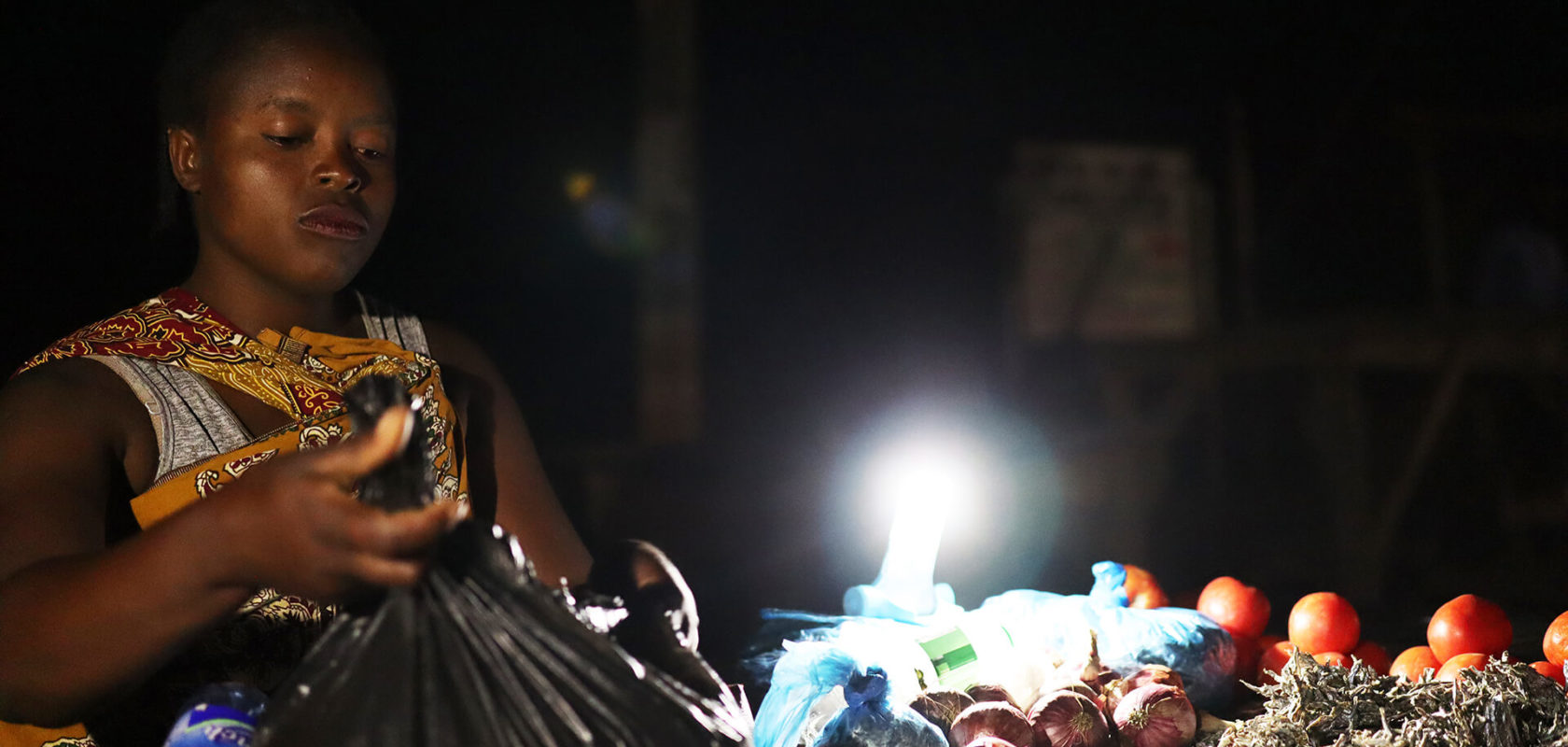One of the biggest challenges to widespread rural access of solar lights is affordability. One of the main drivers of affordability is the price of a product.
While the cost of manufacturing solar lights has reduced dramatically in recent years, even the most affordable solar light is too expensive for many families where we work.
One of the innovations to overcome this problem is to move from one-off cash payments to Pay-As-You-Go (PAYG). This is a financing mechanism which helps spread the cost of a product over time.
In Kenya, 2014, SolarAid was the first to test PAYG technology in pico-solar lights. Many families could now afford solar lights for the first time ever. In our follow-up pilot in Malawi, 2015, demand for solar products increased dramatically and we have less than a 1% default rate – this is extremely low. Essentially, this meant families could afford the installment plans which were set.
The Super Agent Network we have in Malawi has now scaled PAYG solar products across the whole country.
Most companies in the off-grid solar sector are trying to build their success on selling PAYG solar home systems (SHS). PAYG comes in two forms:
Rent-to-own: This is where we mostly work. As soon as the customer has paid off their final installment, they own the product.
Perpetual lease: This means energy as a utility, like many of us are used to. The customer does not own the product and they pay continuously to use the service.
While progress has been fantastic, there are problems which have been evidenced. This is from a lack of credit checks, to customers not knowing how much they really will be spending to a lack of suitable options.
This is why SolarAid promotes models which are locally led and embedded into their communities as well as being product agnostic. We will sell the most suitable product to each customer.
The upward trajectory of PAYG SHS sales is impressive but, as a community, we must remember that sometimes a small solar light will actually have a more suitable and transformational impact to a family’s life.
We must listen to the customers.
